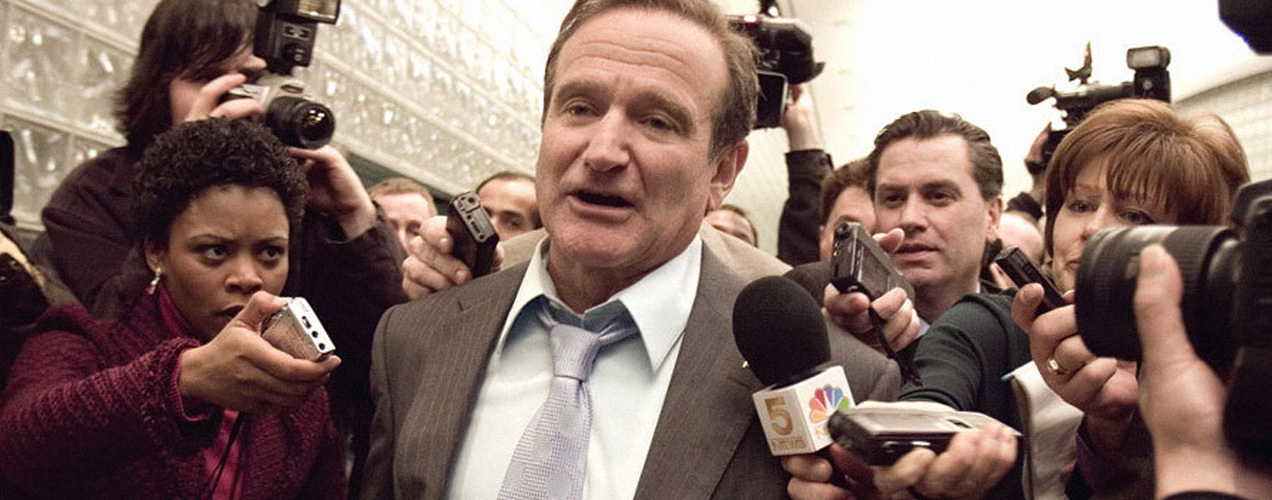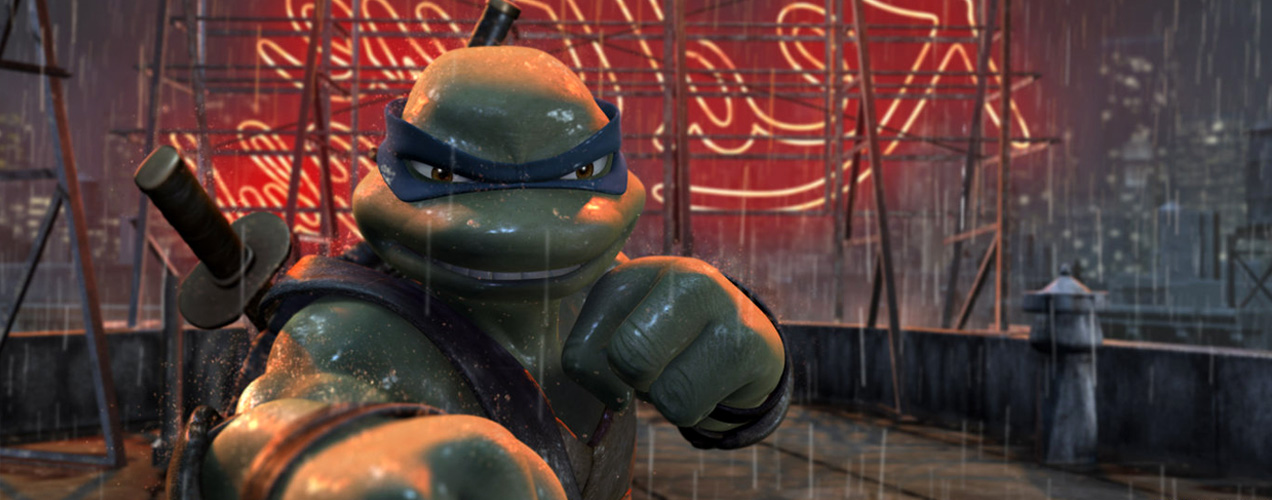2007 / Shane Meadows > The biggest problem for This Is England has to do with how often in the stateside it’ll be compared to American History X. The latter was notoriously lacking in dimension, filled with more artificial punches and a biased tweak that did little to explain the foundation of supremacists groups. But Meadows’ latest venture is far cleverer and reverent, utilizing the Falklands War as a backdrop to dissect the rationale behind the sort of fascism that Thatcher’s term brought forth in England. Centralized around a 12 year-old (played brilliantly by newcomer Thomas Turgoose), the film rarely judges and generally lets emotions adjust to the social situations as they are seen fit.
Both character and subplot development are somewhat erratic, but once Stephen Graham enters the screen, much is forgotten. His portrayal of “Combo” is worthy of much praise, and shocks and awes the viewer into being glued to the cinema. In addition to that, This Is England’s multi-layered discussion of racial tensions, class relations and national identity drive the film into being a touching, memorable experience.










